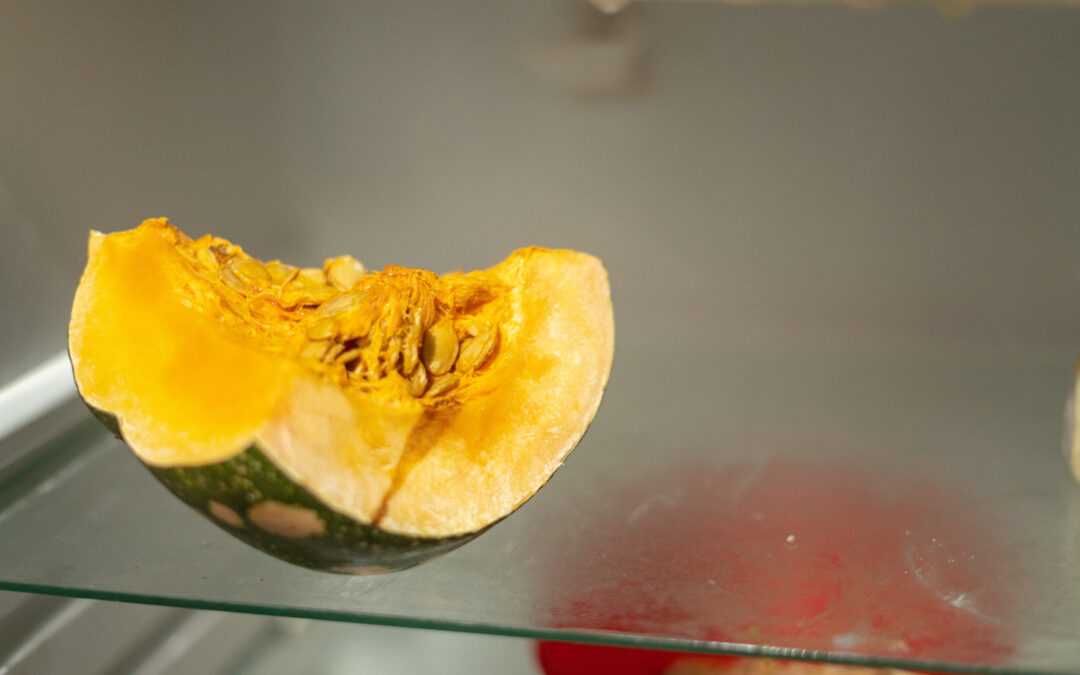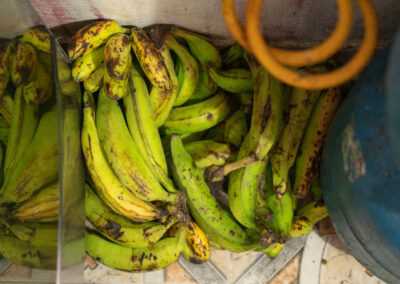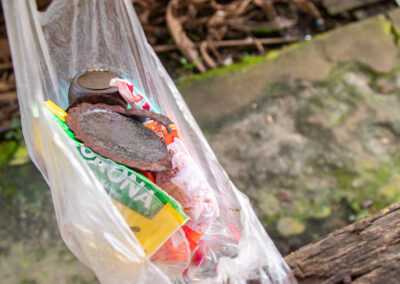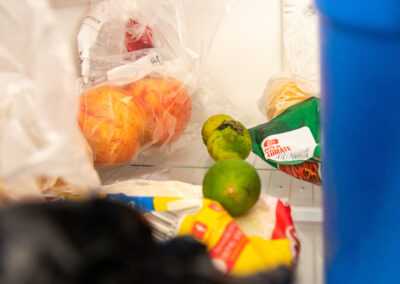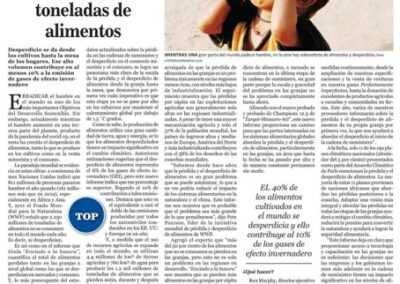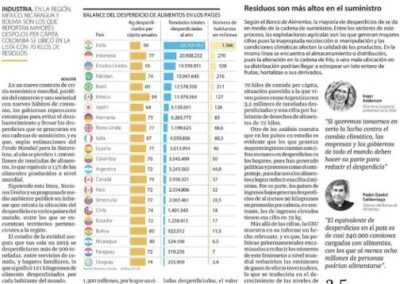Food loss and waste is one of the manifestations of a failing food system. Our project team in Colombia took a closer look at household food waste to understand Colombians’ practices and attitudes towards food waste and sustainable consumption. This baseline research is now used to develop a targeted consumer campaign addressing the main challenges that have been uncovered.
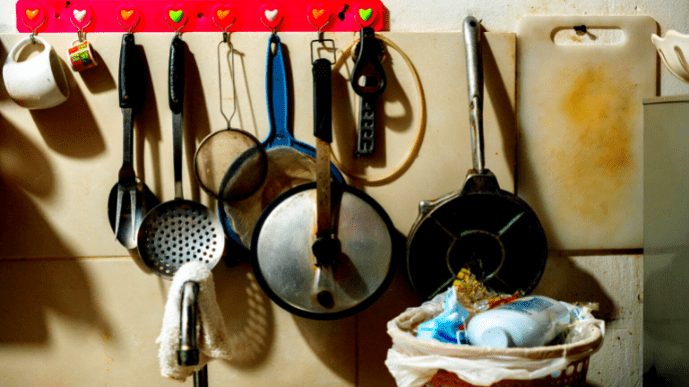
© WWF-Colombia
Food production relies on 34% of land and 70% of freshwater resources, which means it greatly depends on natural resources. At the same time, it drives deforestation and conversion of natural ecosystems, loss of biodiversity and soil erosion, accounting for about 29% of greenhouse gas emissions. These pressures jeopardize future food production and force us to ask ourselves how to feed a growing population within planetary boundaries. Our climate, food and nature crises are connected, thus action on climate, food and nature must go hand in hand.
- Land area used for Food Production 34%
- Contribution to worldwide GHG 29%
- Freshwater Used for Food Production 70%
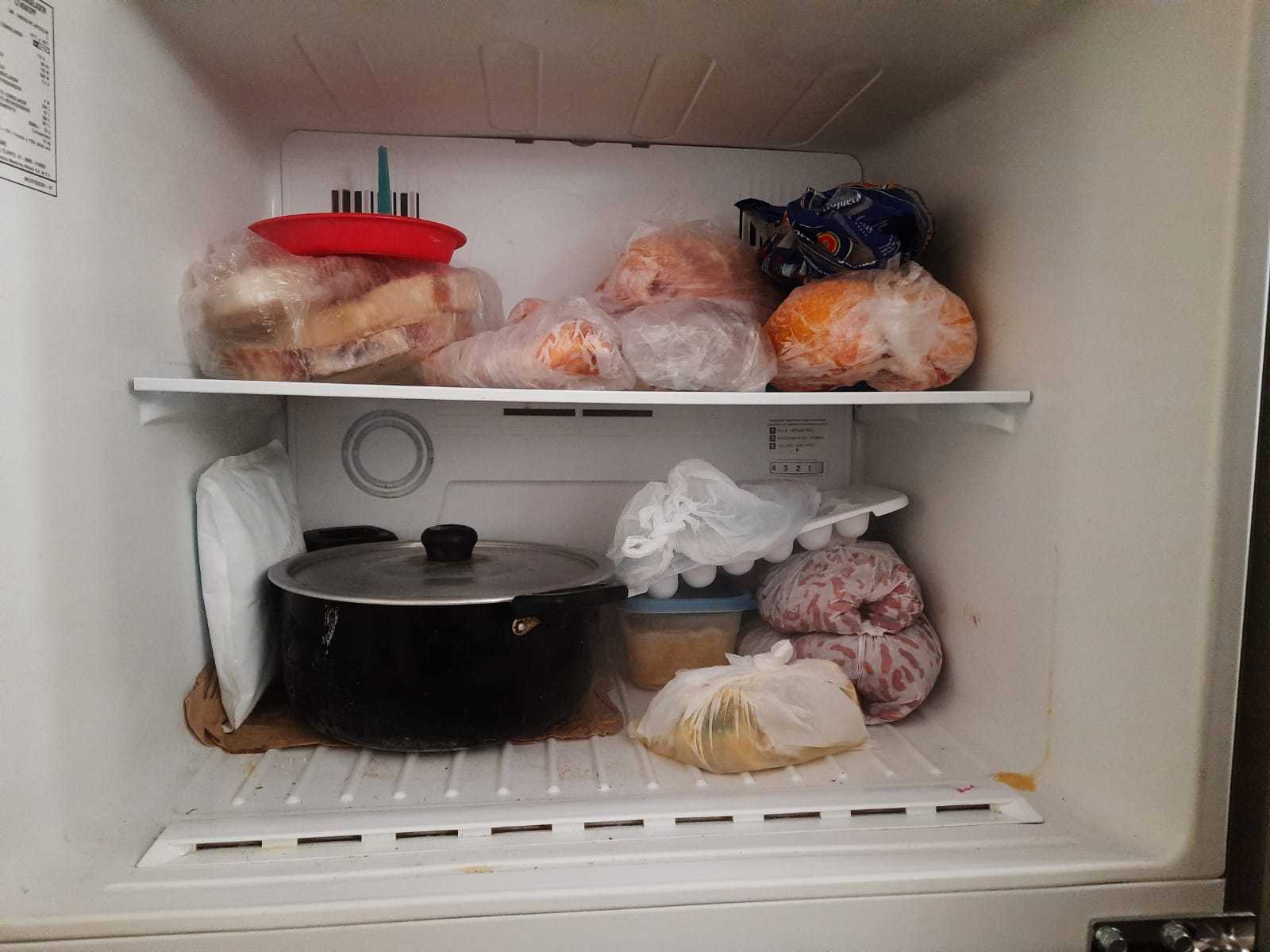
© WWF-Colombia
Tackling those challenges requires systemic changes and ambitious targets.
By 2030, we need to
- ensure zero net loss of biodiversity from food production
- achieve zero net greenhouse gas emissions from food production
- halt deforestation and the conversion of natural habitats for agriculture
- rehabilitate or restore at least 50% of all degraded agricultural land
- halve the global dietary footprint, aligning human and environmental health
- reduce food loss and waste by half.
Especially in this last aspect, consumers have a fundamental role to play. But how aware are consumers of their crucial role? Are they willing to transform their eating habits for this purpose? To answer these questions, the Future Food Together team in Colombia conducted research in eight cities throughout the country. With the help of an agency (Sancho) and a mixed methodology that included a quantitative survey and home visits in an ethnographic approach, they sought to understand the attitudes and behaviors of Colombian consumers in relation to waste.
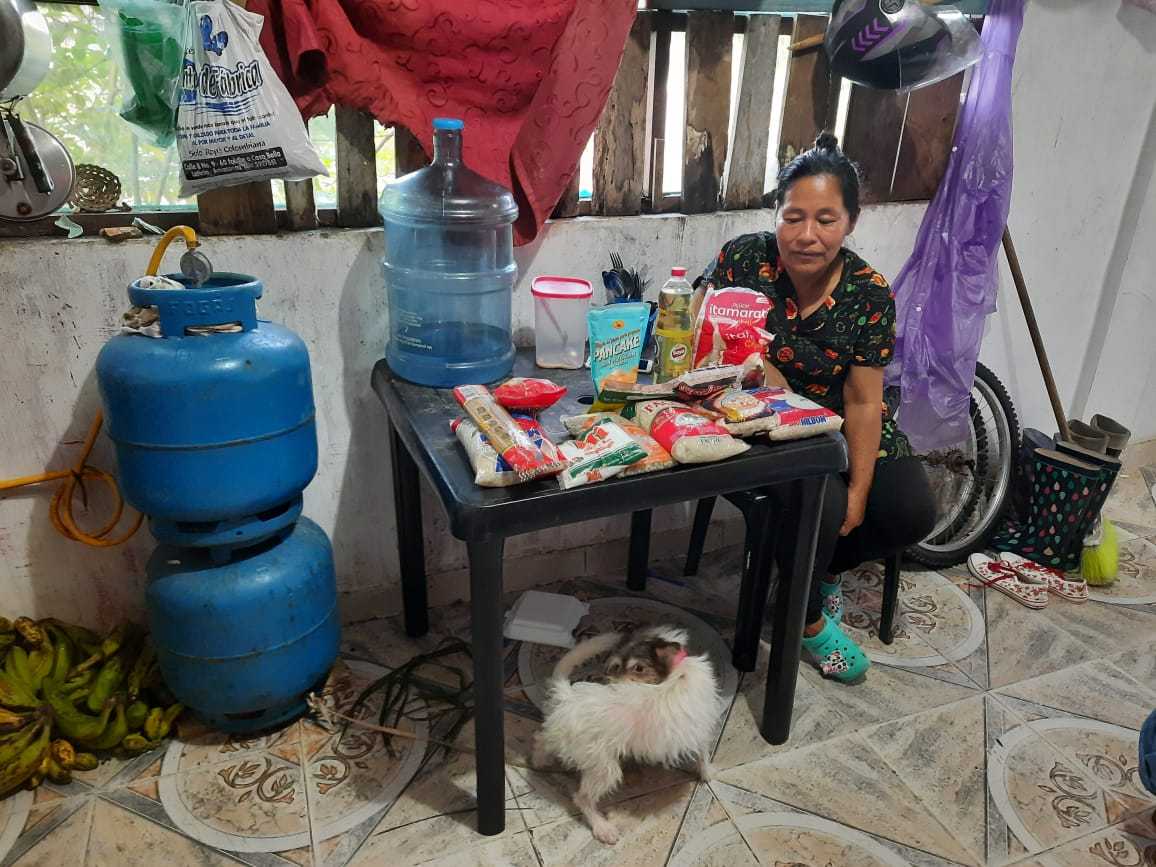
© WWF-Colombia
Food loss and waste refers to all food that is grown for human consumption and not consumed. Loss covers foods that are lost in production, transportation, distribution and processing. Food waste covers the retail and consumption stages.
Research Results
Waste is a taboo topic. The research reveals a strong dissonance with regard to waste. People declare that they do not waste food because of different ethical or religious reasons and having in mind the food-climate-nature crisis we are living in. However, when visiting their kitchens, waste is evident.
Abundance is perceived as the main cause of waste. 30.8 % of the respondents consider that the main reason for wasting food is that too much is cooked, and 25.3 % because too much is served on the plate. They state that it is normal to sometimes have too much food and will look for someone else to eat it, including animals.
It is interesting to see how overbuying with 15.9% is also acknowleged as a common cause of food waste. At the same time, respondents expressed the desire to always have fresh food in their kitchen.
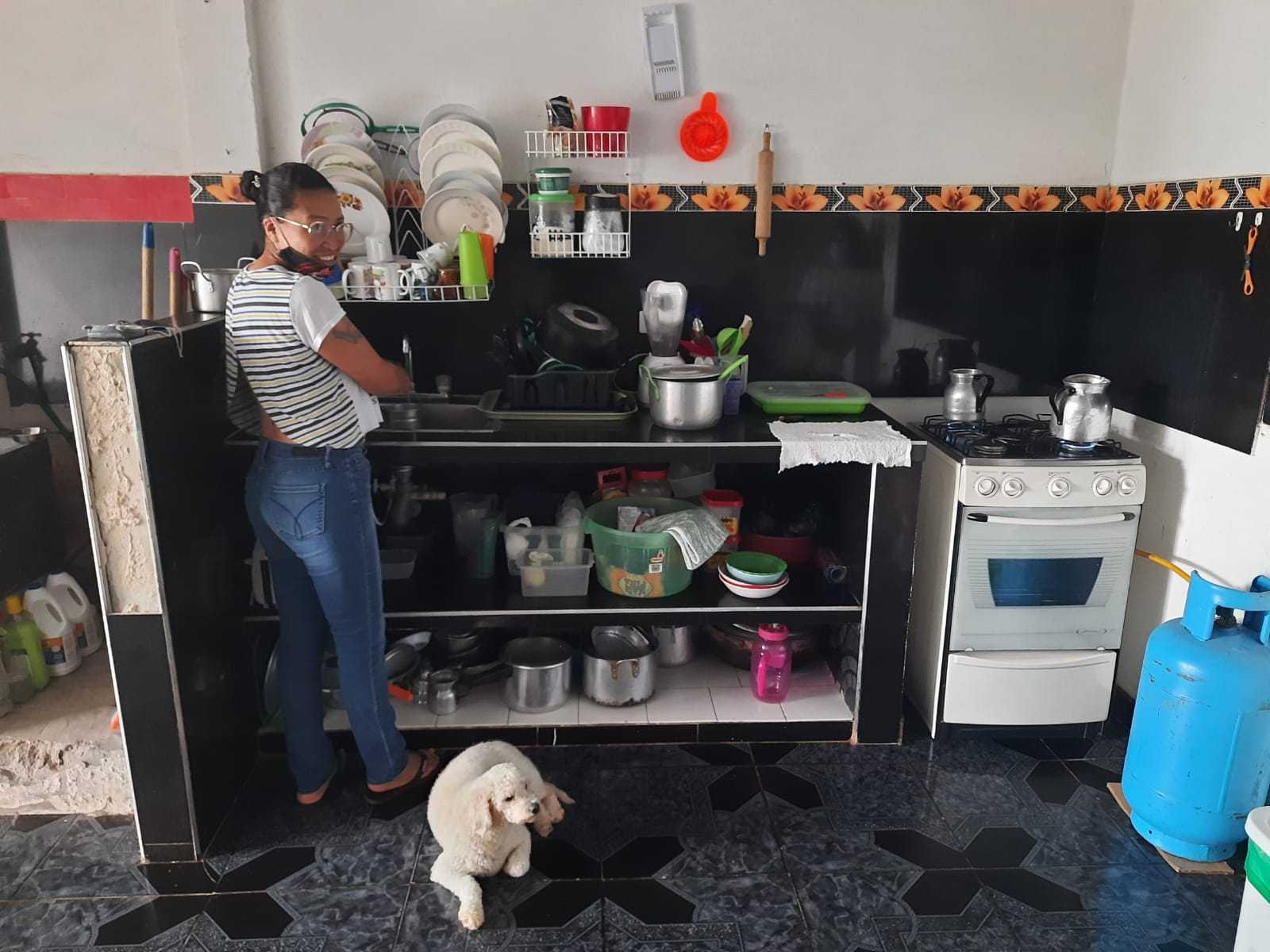
© WWF-Colombia
In the research interviewees stated that the possibility of saving money (47.1%) and wanting to manage their household more efficiently (46.2%) are two of the main reasons that would lead them to reduce the amount of food wasted in their home. Although not among the top motivations, the desire to reduce their impact on the environment proved to be a greater driver of change than to shift to a healthier diet.
The Way Forward
For the project team, the key to successful consumer interventions lies in the provision of options for concrete actions for consumers, targeting the different stages of the consumer-food relationship from purchasing to storing, preparing meals and the handling of leftovers. There is a need to offer different alternatives adapting to different levels of knowledge and commitment.
Awareness of the problem and switching to more sustainable practices can be the start. Thus, offering information and openly communicating on the food loss problem will be a first step. Sustainable practices could include trying to consume fruits and vegetables even if they do not look as fresh as at the time of purchase, being aware of the risks of food waste when purchasing food, and reducing the portions we cook.
It is essential to start communicating in a simple way how food choices are related to climate change, biodiversity loss and pollution.
The report’s findings were published and received wide media coverage in newspapers and television interviews.
Since 2021, Future Food Together in Colombia is engaged in a strategic partnership with WRAP (The Waste and Resources Action Programme). The collaboration includes two pilot projects: First, preventing food waste along the entire life cycle of fruits and vegetables; and secondly, innovations in the field of packaging, especially reducing plastics.
Find out more about or work in Colombia here:

